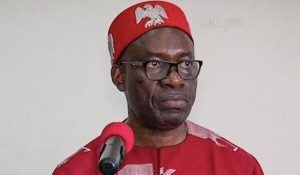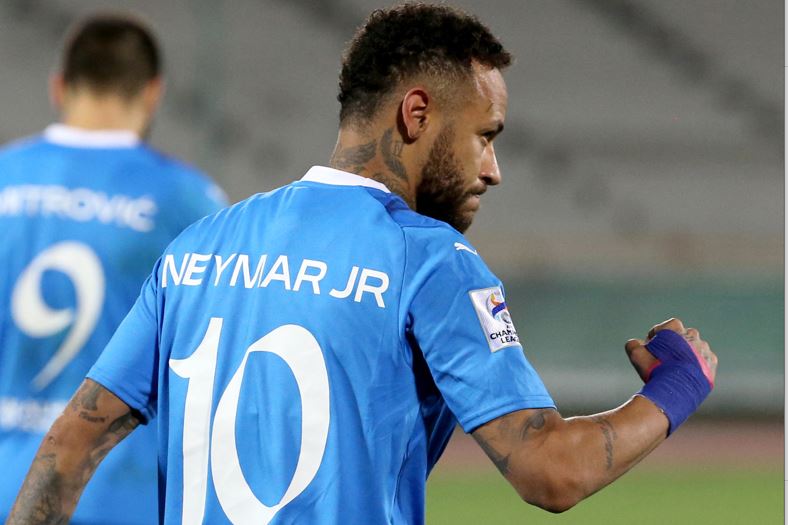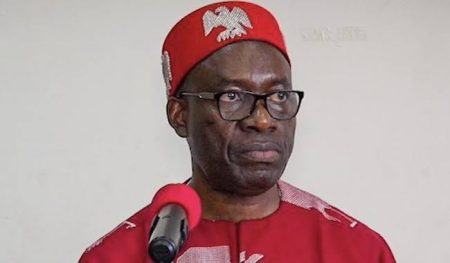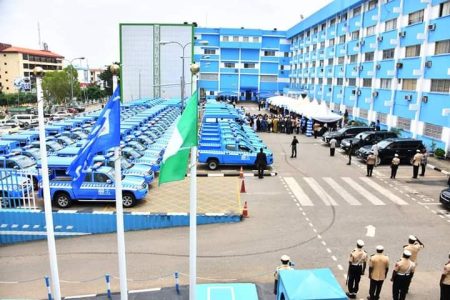The January 8th riots in Brasília, Brazil, stand as a stark reminder of the fragility of democratic institutions and the potential for political unrest to escalate into violence. Thousands of supporters of former President Jair Bolsonaro, fueled by unsubstantiated claims of election fraud, stormed the Congress, Supreme Court, and Presidential Palace in a brazen attempt to overturn the results of the 2022 presidential election. This insurrectionist act, reminiscent of the January 6th attack on the U.S. Capitol, resulted in widespread property damage, threatened the lives of elected officials, and shook the foundations of Brazilian democracy. In the aftermath of the riots, the Brazilian judiciary launched a comprehensive investigation, culminating in hundreds of convictions for crimes ranging from property damage to sedition.
One particular case highlights the multifaceted nature of the crimes committed on that day. Nelson Ribeiro Fonseca Junior, a 34-year-old Bolsonaro supporter, was sentenced to 17 years in prison for his involvement in the riots. While his initial claim to fame was the theft of a Neymar-autographed football from the Chamber of Deputies, his conviction went far beyond petty larceny. He was found guilty of violent abolition of the democratic rule of law, armed criminal association, and attempting a coup d’état, charges that reflect the gravity of his participation in the insurrection. Ribeiro’s case serves as a microcosm of the wider movement, encapsulating the blend of opportunistic criminality and ideologically driven violence that characterized the January 8th events.
The stolen football, a gift from Neymar’s boyhood club Santos to the Chamber of Deputies in 2012, became a symbolic representation of the disregard for law and order that permeated the riots. While Ribeiro’s lawyers argued that he had merely found the ball and intended to return it, Supreme Court Justice Alexandre de Moraes rejected this defense. Moraes characterized the football as a “public good belonging to the public heritage” and underscored Ribeiro’s “active participation” in the events leading up to the storming of government buildings. This ruling emphasizes that the acts of vandalism and theft were not isolated incidents but rather integral components of a larger, coordinated effort to undermine the democratic process.
The January 8th riots were not spontaneous but rather the culmination of months of escalating tensions and unsubstantiated allegations of electoral fraud propagated by Bolsonaro and his allies. Following his narrow defeat to Luiz Inácio Lula da Silva in the October 2022 elections, Bolsonaro refused to concede, echoing the rhetoric of other populist leaders who cast doubt on democratic processes. This rhetoric created a fertile ground for misinformation and conspiracy theories, ultimately fueling the violent outburst in Brasília. The rioters, convinced that the election had been stolen, sought to install Bolsonaro back in power, demonstrating a profound disregard for the democratic principles upon which the Brazilian government is founded.
The investigation into the January 8th riots has extended beyond the individuals directly involved in the storming of government buildings. Bolsonaro himself is facing allegations of instigating the riots, despite being in the United States at the time of the events. He is currently on trial for allegedly plotting to seize power from Lula, a charge he vehemently denies. Prosecutors argue that the plot only failed due to a lack of military support, highlighting the crucial role of the armed forces in upholding democratic institutions. The outcome of Bolsonaro’s trial will have significant implications for the future of Brazilian politics and the ongoing efforts to hold those responsible for the January 8th attacks accountable.
The events of January 8th serve as a stark warning about the dangers of political extremism and the importance of safeguarding democratic values. The swift response of the Brazilian judiciary, including the numerous convictions and ongoing investigations, demonstrates a commitment to upholding the rule of law and ensuring accountability for those who sought to undermine it. The stolen football, initially a seemingly minor detail, became a potent symbol of the broader assault on democratic institutions. The Brazilian government’s response to the riots underscores the resilience of democratic processes and the enduring importance of vigilance against those who seek to sow discord and undermine the will of the people.














